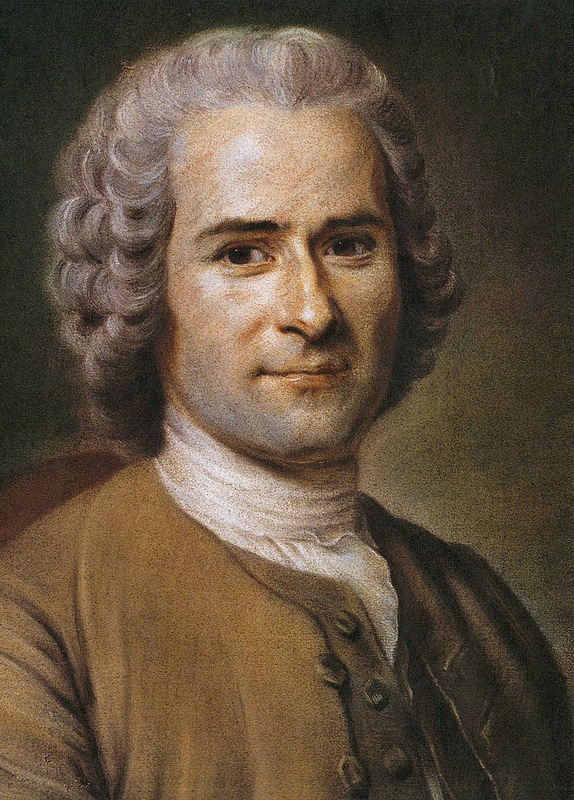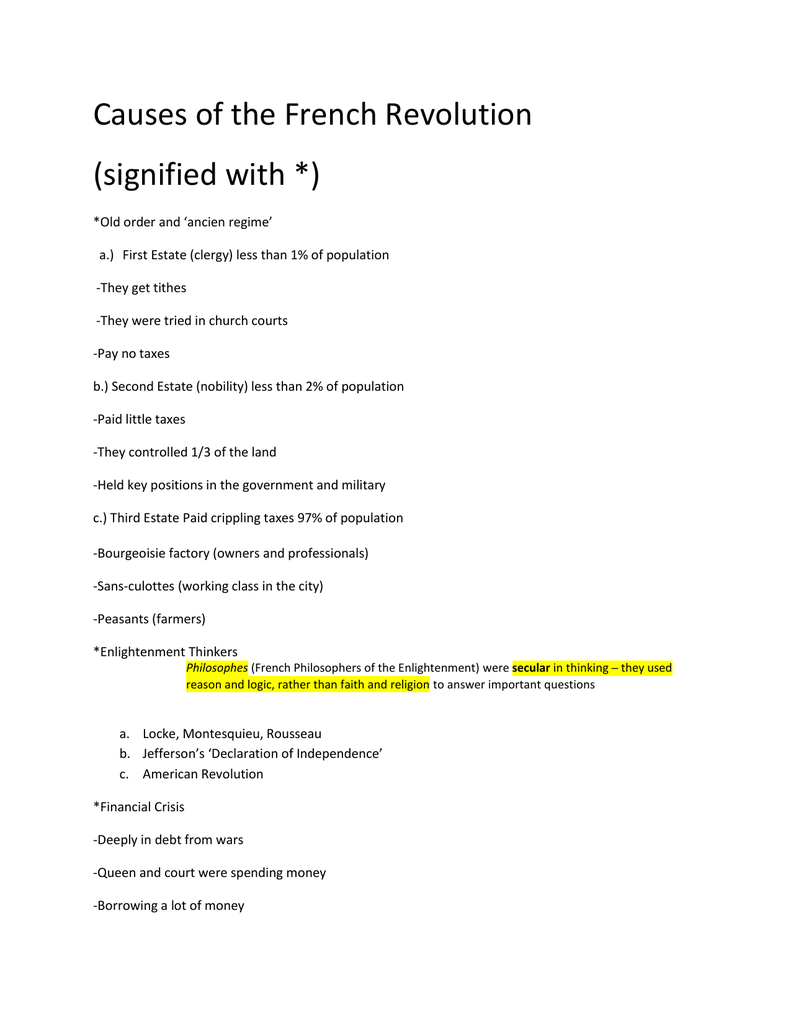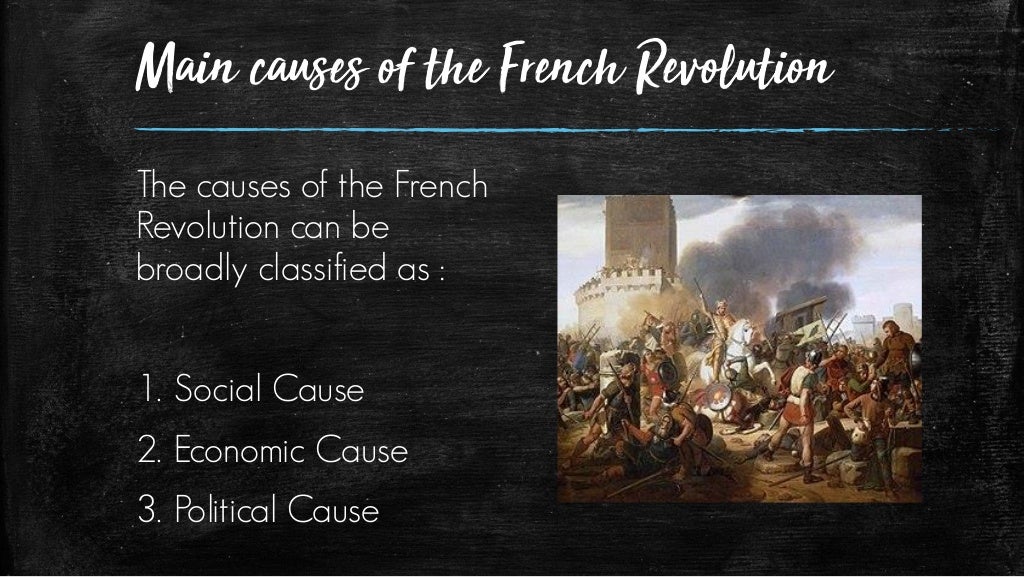The French Revolution was a pivotal moment in the history of France and had a profound impact on the course of modern history. It was a complex and multifaceted event that was driven by a variety of factors, but there are three main causes that are most commonly cited as contributing to the outbreak of revolution in France: economic, social, and political.
One of the primary causes of the French Revolution was economic. France was facing a significant economic crisis in the years leading up to the Revolution, with high levels of debt and a stagnant economy. This was due in part to the high costs of wars, such as the Seven Years' War and the American Revolution, which had drained the country's resources. In addition, the French monarchy and aristocracy were known for their extravagance and lavish spending, which further contributed to the country's economic difficulties.
Another cause of the French Revolution was social. There was a significant divide between the privileged classes, such as the monarchy, aristocracy, and clergy, and the common people, known as the Third Estate. The Third Estate, which made up the majority of the population, was subjected to high taxes and had few rights or privileges. In contrast, the privileged classes enjoyed a life of luxury and were exempt from many of the taxes and duties that weighed heavily on the common people. This social inequality was a major source of resentment and contributed to the growing sense of unrest and discontent that led to the Revolution.
Finally, political factors also played a role in the French Revolution. The French monarchy was an absolute monarchy, with the king holding all power and authority. However, the king, Louis XVI, was seen as indecisive and ineffective, and the government was corrupt and inefficient. This led to widespread frustration and anger among the people, who saw the government as unresponsive to their needs and concerns. In addition, the Enlightenment, a period of intellectual and philosophical ferment, had exposed the people of France to new ideas about democracy and individual rights, further fueling their desire for change.
In conclusion, the French Revolution was caused by a combination of economic, social, and political factors. The country's economic crisis, the social divide between the privileged and the common people, and the corruption and inefficiency of the government all contributed to the widespread discontent that led to the outbreak of revolution.







